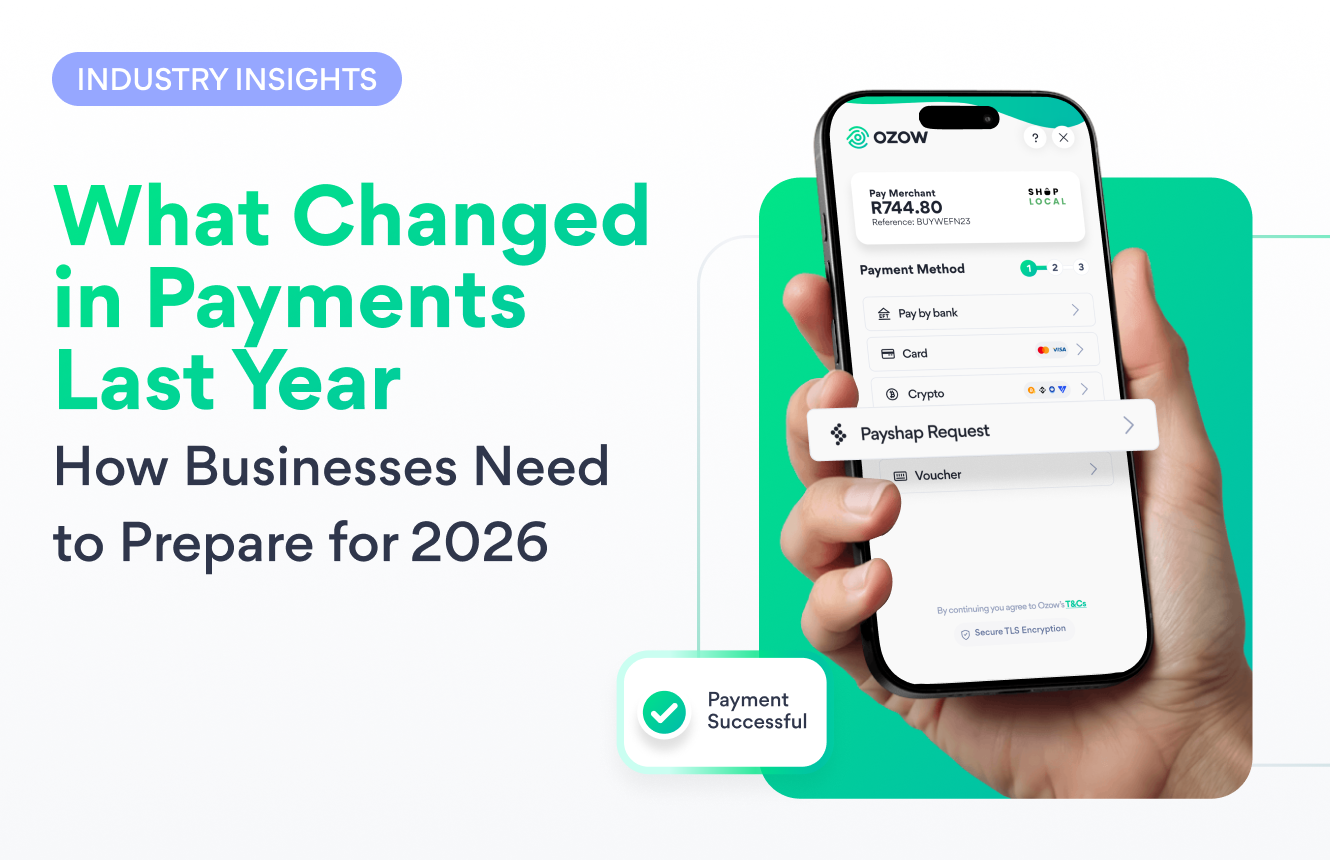
They may be young, but those who fall within Gen Z are a force to be reckoned with. Born between 1995 and 2012, Gen Z consumers are a financial powerhouse – even though half of this generation has yet to enter the job market.
According to Forbes, this generation has incredible buying power – with an estimated 40% of all consumer shopping being attributed to them.
While their shopping behaviours have continued to help redefine the way retailers operate, the pandemic cemented their value as a generation of consumers steadfast on transforming the economy – demonstrating serious influence and buying power.
More importantly, in the wake of the global shutdown to reduce the spread of Covid-19, Gen Z consumers are prioritising spending on local businesses, high-quality goods and sustainability.
How Gen Z’s habits changed in 2021
While the pandemic ushered in a new era of omnichannel shopping for many, Gen Z consumers are digital natives and have always been able to navigate eCommerce with ease and power, quickly finding any information necessary to shape their opinions independently.
But, this year, their expectations are a lot higher:
- They are more aware: They know about your brand and your competitors. With constant access to information and digital resources, this generation has become significantly more educated, knowledgeable and self-reliant than any others before them.
- More selective: Being connected online has made Gen Zers more aware of what has value to them – including accurate inventory information, good value for their money, and a wide assortment of choices when shopping. Before they commit to spending any money, they will be looking at a brand’s mission, product quality and service. If they don’t see an alignment, they will find what they are looking for elsewhere.
- Care about ethics and sustainability: Social responsibility matters to younger buyers. This generation cares a great deal about social justice, ethics, sustainability and equality. Retailers will need to be a lot more transparent, providing online channels to educate their buyers about their practices in the categories that matter most, especially equality and sustainability.
- Want a seamless experience: Born in the age of the internet, Gen Z consumers appreciate innovation when it comes to their shopping experiences – but only if it is seamless and allows them to engage with the brand on their terms.
- Speed wins: They are constantly on the move, doing several things at once. The last thing that they want is to have to spend unnecessary time during the checkout process. They want their shopping and payment processes to be quick and easy.
- Rise of social commerce: Gen Z has moved beyond traditional eCommerce favoured by millennials and is more likely to use social commerce — the practice of purchasing wholly within a social media platform. What makes it work is that the algorithms provide a personalised shopping experience (thereby reducing the risk of abandoned carts), all while delivering greater engagement that gives them the ability to co-create an experience that is uniquely their own.
- Expect greater engagement: Gen Z wants to actively share their opinions, collaborate, and co-create with brands. In the process, they expect brands to be highly responsive to their needs. For the generation that has grown up with mobile, connecting across all channels is not an enhancement, but rather a necessity.
Before changing your marketing strategy to target these consumers, it’s important to understand that they are a lot more selective than previous generations about the brands that they support or the products and services that they spend money on
Citations
-
Ozow Marketing








